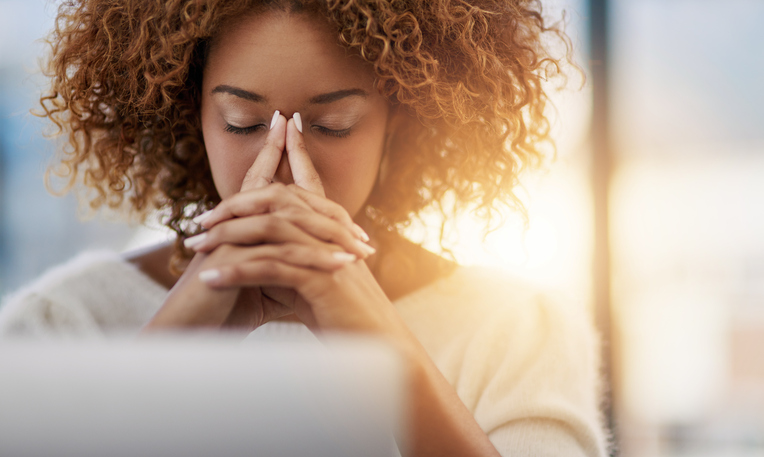Beware of Worry
I am worried. No surprise there, right! In the past, I have been a worrier about little and big things and thankfully most of them didn’t come to pass.
As someone who has had health anxiety, I have laid awake at night endlessly worrying about the next big health problem. Some of the worries have landed me in ER while others have culminated in a long tormented sleepless night.
Once before appearing on a major talk show in London, I pulled an all nighter worrying about performance, so when daylight arrived, I dragged myself out of bed to meet my fate. At the studio, all went well—nothing ill-fated about it. I functioned like I had slept and looked that way, too. I can only think of one other time when I pulled this off, but that is another story.
This time let’s say I had an angel holding me up because after the show, I literally just made it into my front door before my body quit. I had to go to bed. I cannot recommend worrying.
It is debilitating, to say the least, and worse yet does not change a thing. So why do we still worry? During the Covid pandemic, one therapist explained that my worry stemmed from the sudden loss of control of life as I knew it. My belief that I was in control was a fallacy anyhow, she insisted. Never mind!
Before Covid what I had worried about rarely came to pass and suddenly, everything spun out of control. Only at that point in life did I come to terms with the statement—the only thing that is certain is change itself.
Furthermore, she explained that I had created this thinking pattern of anticipating a negative outcome, the worst-case scenario and Covid had delivered fast and furiously.
Four years on and I still worry about many things—health, doom and gloom for girls and women the world over, war, global warming, this new world that normalises gaslighting and worships immorality and so on. Another blog, right.
But wait a minute, I am no longer a hostage to worry. Admittedly, I don’t engage much in the news anymore, except the odd story that flashes across my phone or social media or a special event. Whatever it is, however, when it starts to coax me out of my safe place and fling me into a dangerous one, I put it into perspective.
And you know what, my new Oura ring says I am getting good sleep. Sure, I have learned that worry doesn’t solve problems but, on some level, I must have always known that.
But what I hadn’t known was how to cultivate an awareness about worry that kicks in as natural as my next breath. And in this awareness, my mind assesses what is within my control and what is not.
Take health, for example, I can’t always say what is around the corner, no one can but what I can control with diet and exercise, I am all in. Just ask anyone who knows me.
Look I don’t want to oversimplify the matter; it is complicated but all I am saying is that trying to stop worrying is counterproductive. What is productive is to beware of worry, recognise it for what is—the mind’s attempt to control and resolve the problem, even if it is global.
Do what you can and accept that the rest is out of your control. Worrying, yes, it is, but it might be the best way forward for your health’s sake.



